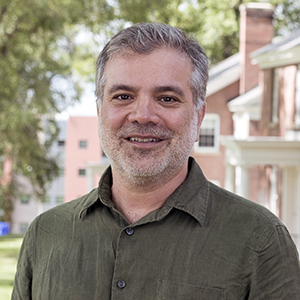Meeting mentoring — make it your new ritual
We take comfort in rituals. Every morning I wake up, usually at 6 a.m. I make myself a cup of coffee and scan the tables of contents of journals for new papers. My morning ritual also includes scanning daily stories in the Chronicle of Higher Education. A couple of months ago, an article titled “We’re not doing enough for grad students at conferences” by Benjamin L. Carp caught me off guard and sent me down memory lane, to 1992 and 1997.
Toward the end of the summer of 1992, I attended my first scientific meeting, the Plant Physiology conference in Pittsburgh. That summer I was racing to finish my undergraduate thesis, put the finishing touches on a paper, and prepare to start my graduate studies at the University of Wisconsin–Madison. My undergraduate adviser, Scott Grover, attended the meeting with me. At the poster session, he directed traffic to my poster. At that meeting, I met Ray Chollet and Randolph Wedding, whose papers I had read in the context of my research in Scott’s lab on phosphoenolpyruvate carboxylate and plant C3/C4 biosynthesis.
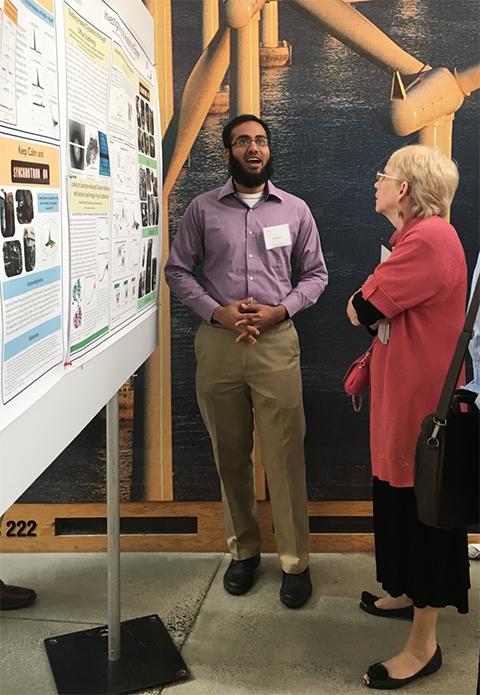
In 1997, I attended the American Society for Biochemistry and Molecular Biology meeting in San Francisco — the first and only national meeting I attended as a graduate student. I was working in George Reed’s lab at the Institute for Enzyme Research. Two students from Perry Frey’s group at the institute also attended.
I remember the poster session vividly. Perry stood at the end of a row of posters, directing traffic to us while he also caught up with colleagues. I had many great interactions during the poster session. Ruma Banerjee was the first person at my poster. Ruma served as associate editor of JBC for many years and is now a PI of the ASBMB Maximizing Opportunities for Scientific and Academic Independent Careers grant, better known as MOSAIC, for which I serve on the steering committee. But the interaction I remember best was with JoAnne Stubbe, who was instrumental in establishing the intermediacy of protein and substrate radicals in enzymatic reactions.
JoAnne walked up to my poster, holding her signature pad of paper and pen. I was both terrified and thrilled. I had been working on electron paramagnetic resonance studies of a cobalamin-dependent enzyme, and I was familiar with all her work on ribonucleotide triphosphate reductase, another cobalamin-dependent enzyme. She wanted to hear about every experiment, asked questions, and all the while kept saying, “Your system is so nice, ours is too complicated.”
I called George from a pay phone after the poster session, still riding on the energy from that interaction, filling him in on all the feedback.
The next day, JoAnne approached me at the poster session in the exhibit hall. She introduced me to Wolfgang Buckel, an expert in redox-mediated metabolic transformations, and told me to take him through my “beautiful” data. She had evidently been telling him all about the data.
“JoAnne, my poster session was yesterday,” I said.
“But isn’t it in your bag?” she asked. “You must not be excited about your science.”
I let out a nervous chuckle, and the best I could do was describe the main findings. JoAnne seemed really disappointed.
I think back to these Plant Physiology and ASBMB meetings often. I have more years behind me than ahead of me in this field, and when I think about formative experiences, these two conferences stand out.
The common thread was that I had a mentor there to help me network. Scott and Perry both did a great job of introducing me to scientists in the field. And the scientists who came and engaged me at my poster gave me a chance to talk about my work and build self-confidence. Of course, for Scott and Perry to help me network was natural — they were my advisers. Perry was on my dissertation committee and a close collaborator with George Reed. JoAnne had no reason to be promoting my poster, other than the fact that she was just excited about science.
I learned over the years that my experience with JoAnne was not unique. Her ritual was to go around conferences with her yellow pad and pen and talk to everyone, ask questions, and generally engage young and old. Ten years after that ASBMB meeting, I watched her at an American Chemical Society meeting, talking to my student Reid McCarty at his poster and discussing his data. I chuckled as she asked detailed questions about his experiments — I had been there a decade earlier. I know it was as memorable for him as it was for me.
As a community, we need to consider the importance of networking for younger scientists. I rarely send a student to a conference I am not planning to attend. I think it is critical for me to introduce my co-workers to the field and to be there for support.
Today, while technology seems to connect us more than ever before, in many respects we are less connected with one another in a meaningful way. Conferences are a unique opportunity to engage and connect on a personal level. I am sure that most of us who mentor students and postdocs in the lab have had experiences like those I described above. We must consider attending conferences to pay back at least some of what we have built our careers on.
All this brings me back to why I am writing this article. Let’s make it a collective ritual to attend conferences with our trainees. And when we’re there, let’s agree to spend at least a little time going from poster to poster with a pad and pen. Who knows? A young scientist we connect with may someday look back at the interaction as a defining moment in their professional growth.
Our impact as scientists is often measured by our h-indexes, but isn’t it time to think about our responsibility to the field as more than the papers we publish, awards we receive, and grants we garner? Let’s make networking and being present at Discover BMB a new ritual.
I’ll be in San Antonio with paper and pen in hand. Will you join me?
Submit a late-breaking abstract
Discover BMB, the annual meeting of the American Society for Biochemistry and Molecular Biology, will be held March 23–26 in San Antonio. Late-breaking abstracts for poster presentations will be accepted from Dec. 15 to Jan. 18. See the poster categories.
Enjoy reading ASBMB Today?
Become a member to receive the print edition monthly and the digital edition weekly.
Learn moreFeatured jobs
from the ASBMB career center
Get the latest from ASBMB Today
Enter your email address, and we’ll send you a weekly email with recent articles, interviews and more.
Latest in Opinions
Opinions highlights or most popular articles
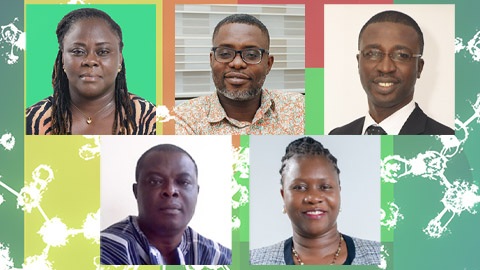
Getting to know scientists half a world away
In a program at Wellesley College, students interview and write about researchers at a university in Ghana.
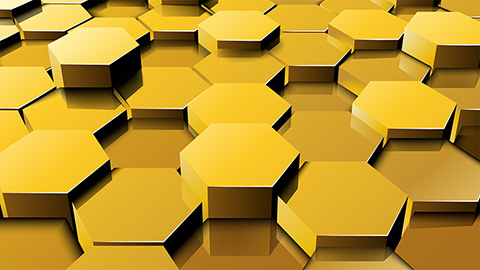
Let’s make ASBMB awardees look more like BMB scientists
Think about nominating someone outside your immediate network.
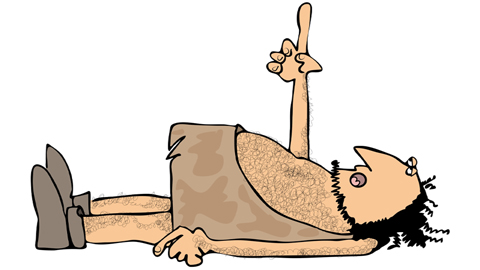
A paleolithic peer review
You might think review panels have only been around for the last century or so. You would be mistaken.
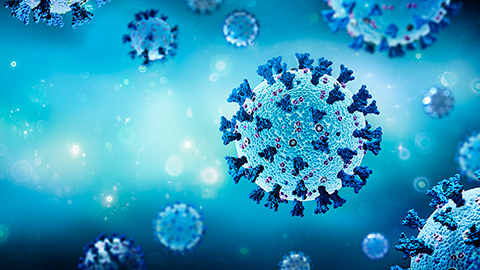
Early COVID-19 research is riddled with poor methods and low-quality results
The pandemic worsened, but didn’t create, this problem for science.

So, you went to a conference. Now what?
Once you return to normal lab life, how can you make use of everything you learned?
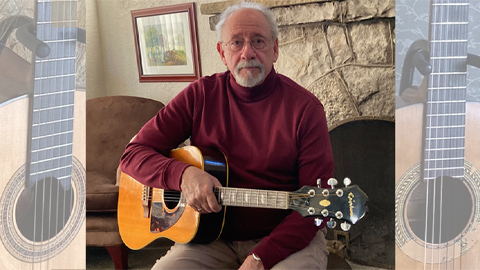
My guitar companion
A scientist takes a musical journey through time and around the world.

